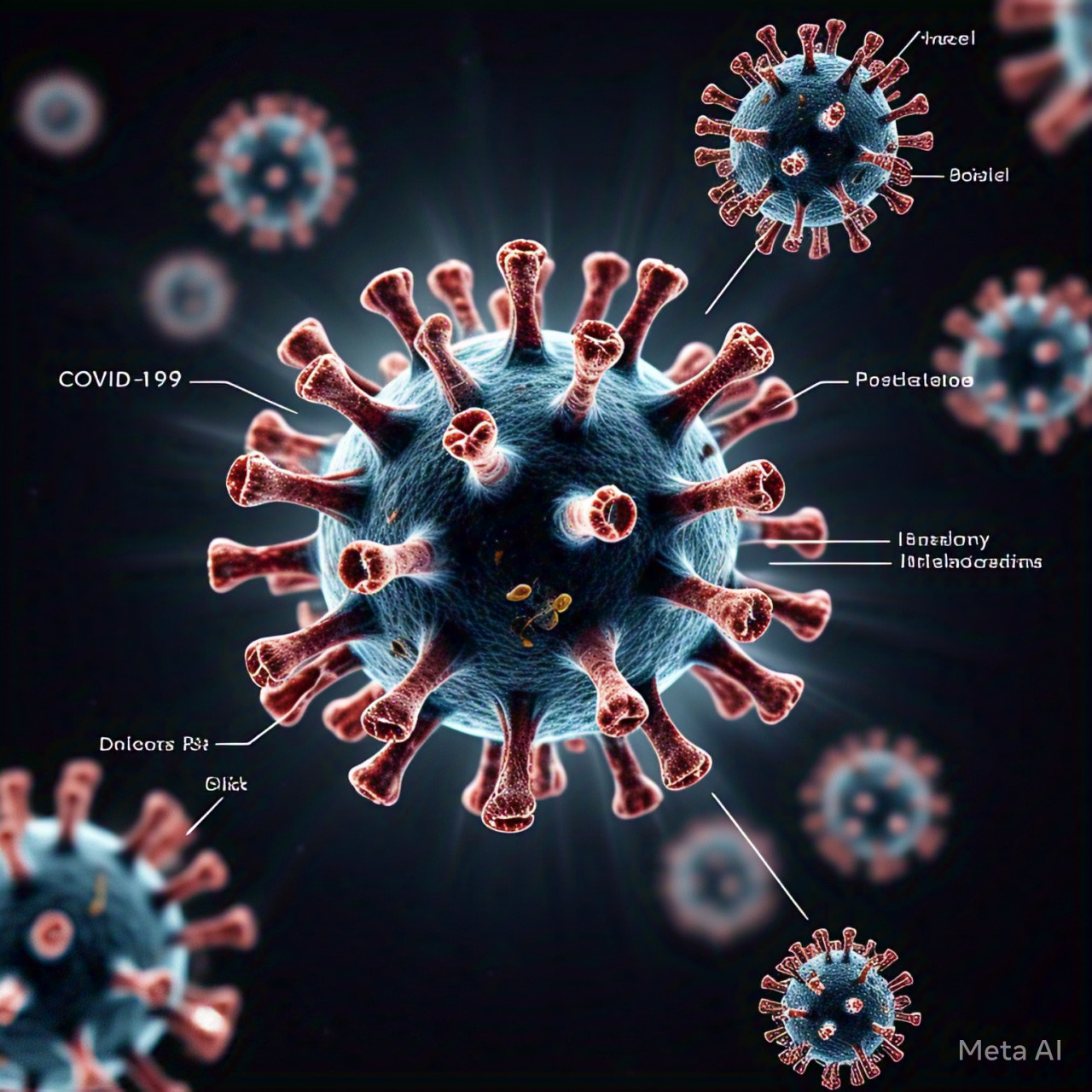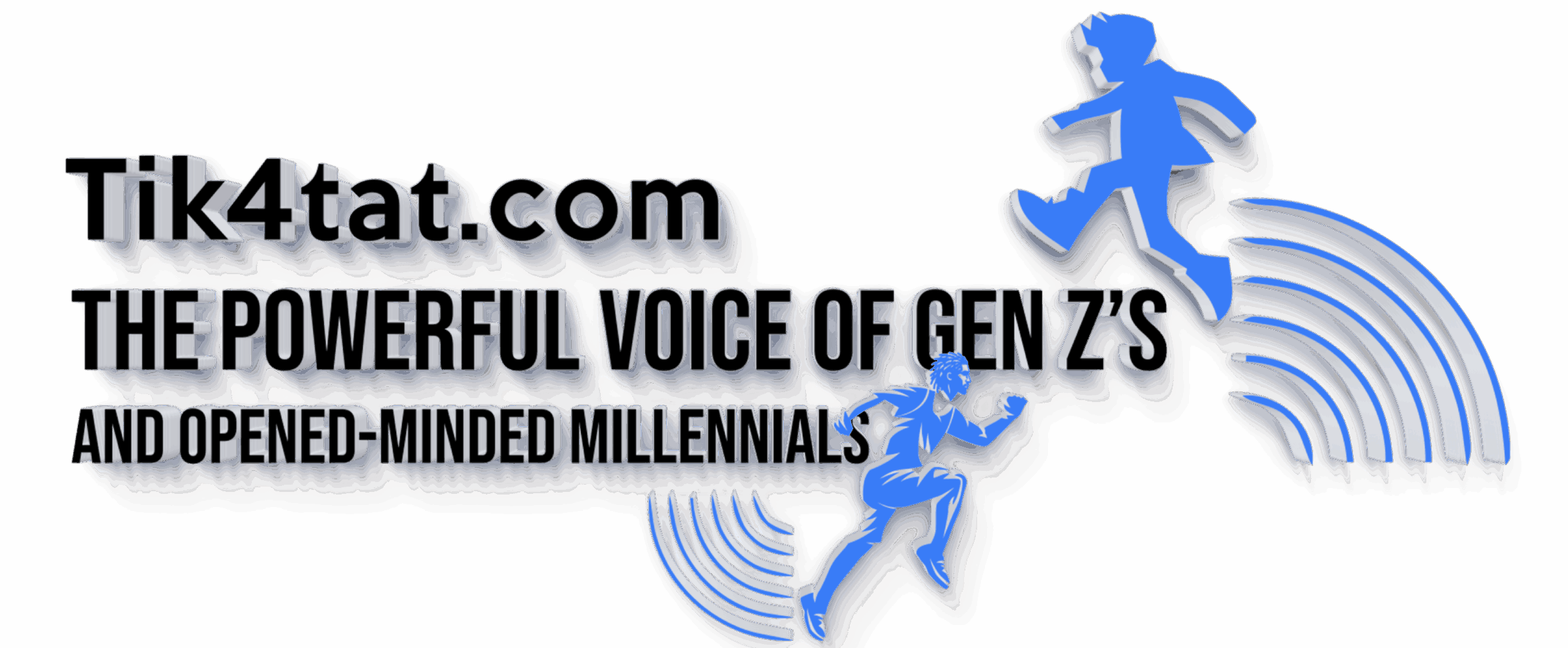Gen Z continues to feel the impact of COVID-19


Gen Z continues to feel the impact of COVID-19 due to a confluence of factors that intersect with their developmental, educational, economic, and social experiences.
Here’s a structured breakdown:
1. *Educational Disruptions:
– *Remote Learning: Sudden shifts to online education disrupted academic progression, leading to learning gaps, especially in hands-on fields.
– *Social Development: Missed milestones (e.g., graduations, extracurricular activities) hindered interpersonal skill development and networking opportunities.
– *Long-Term Career Effects: Educational delays or altered career paths may affect future job prospects and earnings potential.
2. *Mental Health Challenges:
– *Isolation and Anxiety: Prolonged social isolation during formative years exacerbated anxiety, depression, and loneliness, with lasting effects on emotional resilience.
– *Chronic Conditions: Increased rates of diagnosed mental health issues persist, compounded by strained access to care during the pandemic.
3. *Economic Instability:
– *Entry into the Workforce: Many entered the job market during a recession, facing unemployment or underemployment, which can have long-term “scarring effects” on income and career trajectories.
– *Gig Economy Reliance: Greater dependence on unstable gig work or part-time roles due to reduced traditional opportunities.
4. *Health Impacts:
– *Long COVID: A subset experiences lingering symptoms like fatigue and cognitive issues, disrupting daily life and productivity.
– *Healthcare Gaps: Delayed routine care (e.g., mental health services, vaccinations) may have unresolved consequences.
5. **Social and Behavioral Shifts:
– *Digital Dependency: Adaptation to online interaction has led to challenges in rebuilding in-person social skills and community engagement.
– **Distrust and Uncertainty: Heightened skepticism toward institutions and long-term planning due to pandemic-era instability.
6. *Structural Inequalities:
– **Marginalized Communities: Existing disparities in healthcare, education, and employment worsened outcomes for low-income, minority, or rural Gen Z individuals.
7. *Cultural and Workplace Changes:
– **Remote Work Norms**: Altered expectations around work-life balance and career paths, with some thriving in flexible environments while others face isolation or burnout.
8. *Resilience and Adaptation:
– While Gen Z demonstrates adaptability (e.g., tech proficiency, advocacy), systemic challenges overshadow individual resilience in many cases.
*Conclusion: The pandemic’s legacy for Gen Z is shaped by cumulative stressors across multiple domains, requiring targeted support in education, mental health, economic policies, and healthcare to mitigate long-term consequences.
Your Life-Your Future


